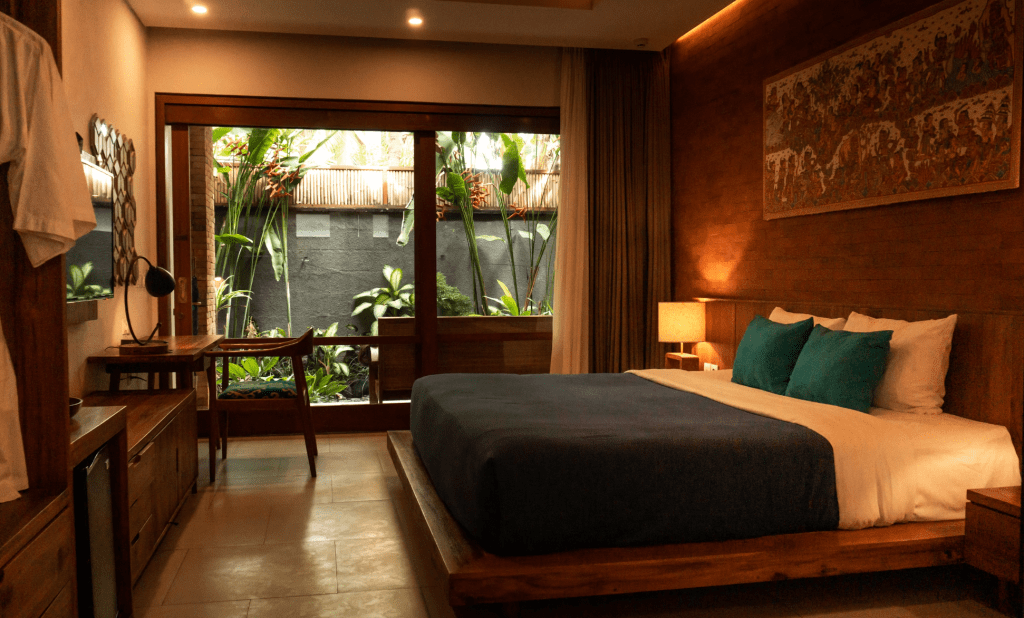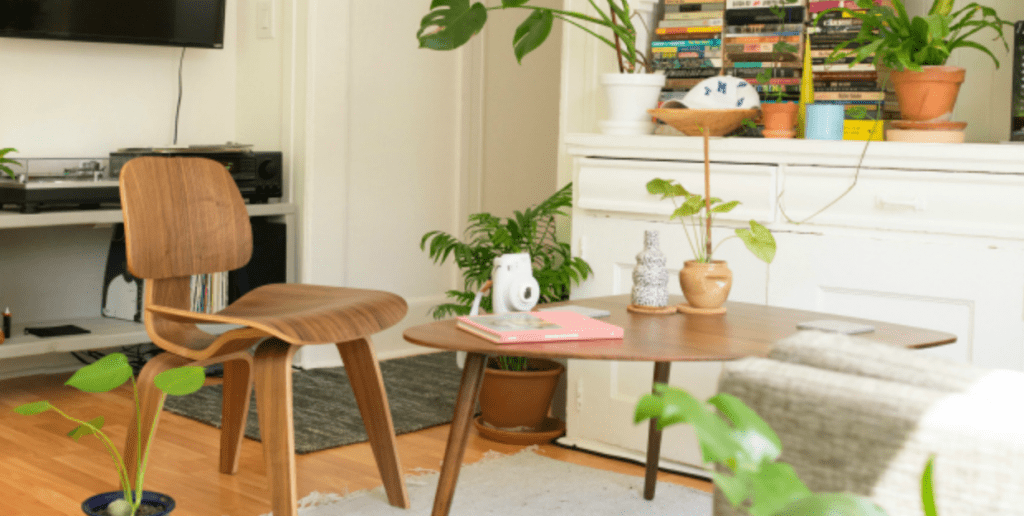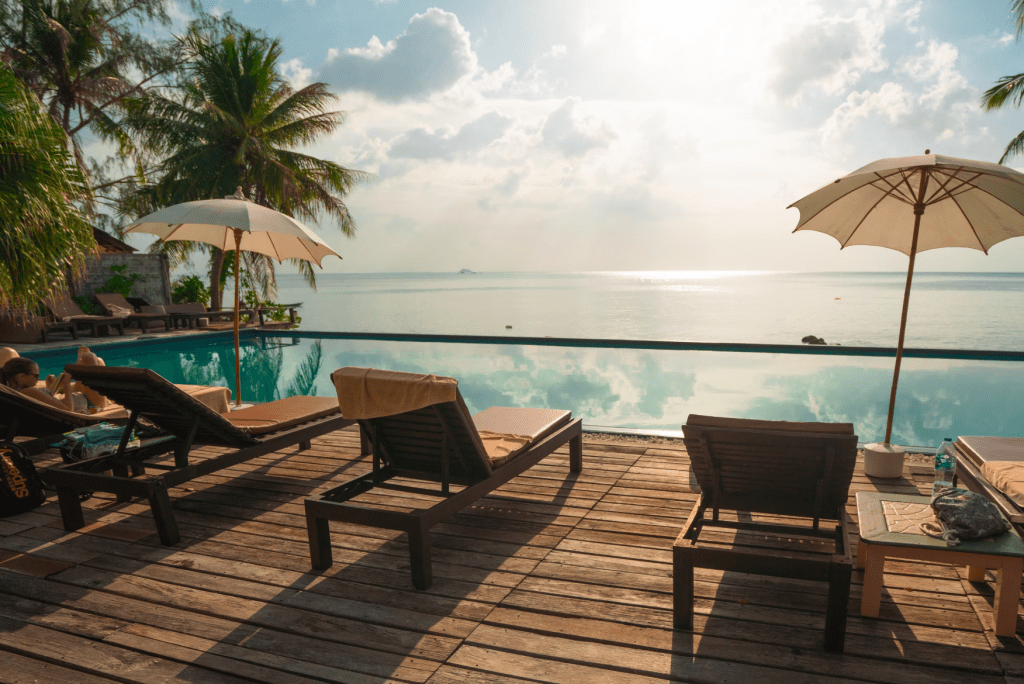While Airbnb may not be as user-friendly as it once was (and it has contributed to the issue of over-tourism), the platform still hosts many excellent hosts. For budget-conscious travelers seeking alternatives to hostels without breaking the bank, these hosts offer affordable accommodation options.

After years of experience in apartment rentals, I want to create a detailed guide that delves into how they operate, how to pick the perfect apartment, and how to avoid being deceived.
How Does Apartment Rental Work?
On platforms like Airbnb, local residents can rent individual rooms, shared spaces (like a living room couch), or entire houses/apartments. Hosts list their spaces online, upload photos, write a description, hit publish, and voila – they can start earning extra money from unused space.

The booking process is akin to reserving any other type of accommodation online. You search the database, find a place you like, create an account, and send a booking request. Upon the host’s acceptance, you receive confirmation.
Moreover, many websites allow hosts to list their properties with an instant booking option, meaning you can book your stay immediately without waiting for the host’s response. It’s similar to booking a hotel.
You can also read reviews about the host and the apartment, covering various amenities like the kitchen, noise level, smoking, and pet-friendliness. Maybe you need a washer and dryer or speedy Wi-Fi. All this information can be found in the host’s profile or reviews.
Most accommodation rental sites also include a map, allowing you to see where you’ll be located. This way, you can choose an apartment close to the attractions you want to visit or opt for a quieter getaway a bit further from the city center, experiencing local life away from tourist crowds.
Who Is This Suitable For?
Apartment rentals fill the space between hostels and hotels. If you’re on a business trip and crave the comfort of home, hostels might not be your first choice. Yet, hotels can be both too expensive and too impersonal. Renting an apartment is the perfect compromise.
Or, like me, you might enjoy the vibe of hostels but occasionally need more space and privacy. Compared to hostels, renting an apartment is quieter, more relaxed, and you don’t have to deal with as many people (or noise). You can also cook for yourself, helping save on travel costs.
Traveling with friends or a large group? This is definitely your go-to choice. Squeezing everyone into a rented house/apartment costs less per person than hostel or hotel rooms. Plus, you get more space to stretch and relax. Dorms and narrow hotel rooms won’t provide much “personal time.”

Additionally, if you opt for the “shared room” option (usually meaning staying in someone’s living room or other semi-private space), you can often find prices cheaper than hostels. While you won’t have much privacy, it’s an economical choice for travelers just needing a cheap place to crash.
You also get to interact with the host, who can provide many insider tips and insights into your destination.
How to Choose the Right Airbnb?
Unfortunately, as accommodation rentals become more mainstream, finding outstanding hosts becomes increasingly challenging. Many hosts now own multiple properties and reside elsewhere. This often means dealing with property managers, lacking the personal touch of hosts renting out their own spaces.
Moreover, many apartments don’t look as good in real life as they do in photos (my team once requested a refund for a worn-out apartment in Boston).

To find the right accommodation, I use the same criteria as Couchsurfing, helping me filter out undesirable listings. When looking for hosts, keep the following in mind:
- Positive Reviews: Check if they have positive reviews. If others had a good time and the apartment matched the description, you probably will too.
- Multiple Listings: Avoid hosts with multiple listings, as they often act as property managers. These places are usually not as good and lack the personal touch of a host renting out their own space.
- Accurate Photos: Ensure there are accurate, high-quality photos. Listings with minimal (high-quality) photos might be hiding something or, at the very least, are misleading.
- Verified Photos: Having verified photos means someone has been there, seen the place, and confirmed that it indeed looks like the pictures.
- Superhost Status: Superhosts are generally reliable, so look for hosts with Superhost status. It shows they are active and maintain a good track record.
- Updated Calendar: Check if the host regularly updates their calendar. If someone hasn’t updated their calendar in 30 days, I usually skip it. Nothing’s worse than booking a place only to be told, “Oops, sorry, not available!”
- Prompt Replies: A high response rate is crucial. You don’t want your inquiry to go unanswered. These websites show the percentage of messages hosts respond to – the higher, the better.
- Verified Account: Verified accounts are less likely to be of dubious quality, as the rental site has at least found some background information about them.
- Previous Guest: If the host has been a guest elsewhere and behaved well, chances are they’ll be reliable as a host too.
These nine rules are helpful guidelines, but at the end of the day, you have to trust your instincts. You don’t necessarily need a listing to check all nine boxes. I once had a host who only met a few criteria, but she became my favorite host. Sometimes, in less crowded areas, you might need to be a bit more lenient with this checklist.
But the more boxes a place checks, the safer you’ll feel.
Note on New Districts/Legal Issues
Over the years, Airbnb and similar platforms have significantly raised rental prices and driven away locals you’d want to interact with, as people started buying multiple properties to rent them out to tourists. This is a significant issue.
In many places like Lisbon and Venice, most locals can’t afford rent. Barcelona experienced intense protests against Airbnb (and similar sites). Japan cracked down on Airbnb. New York has strict regulations.
I believe the government shouldn’t tell you how to handle your accommodation, but I also think these websites haven’t done enough to ensure you’re renting from actual people and not contributing to pushing locals out.
I strongly recommend using Airbnb only for renting someone else’s home. Ensuring that you’re renting an actual person’s private residence and not a property managed by a big company is challenging, but it’s crucial.

Leave a Reply